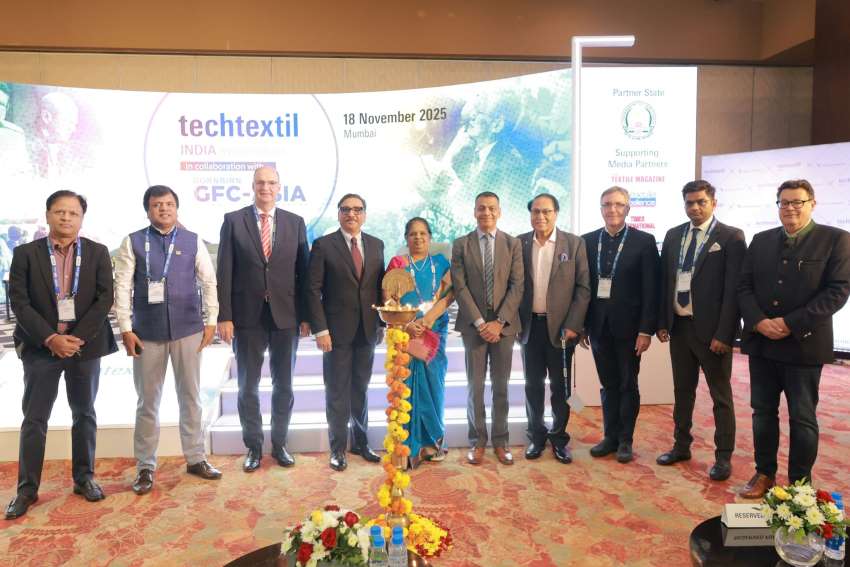Banks and other foreign exchange dealers in Nigeria are prohibited from selling forex to any person seeking to import textiles and other clothing into the country. Instead the Central Bank of Nigeria would provide financial support at single digit interest rates to the textile sector to enable operators rejuvenate their capacities through refitting, retooling and upgrading of their factories. These initiatives are expected to help the textile manufacturing sector bounce back to service the domestic market and the export sector.
The measure is intended to reposition the textile, cotton and garment industry for job creation and development of the economy and restore the sector to its hitherto enviable position in the national economy and also save money spent on importing textiles and clothing. Other areas of expected support from CBN include the provision of high yield cotton seedlings and the development of textile industrial areas where stable electricity supply would be guaranteed.
The Nigerian textile industry in the 1970s and 1980s was the third largest in Africa. By 1987 the country had 37 textile firms operating 7,16,000 spindles and 17,541 looms. Between 1985 and 1991 it recorded an annual average growth rate of 67 per cent and was employing about 25 per cent of the work force in the country’s entire industrial sector.
Nigeria bans forex sale to textile importers
- 1
- 2
- 3
- 4
- 5
- 6
- 7
- 8
- 9
- 10
Hanging by a Thread: US Tariffs cripple Indian textile exports, orders drop 70%
India’s textile and apparel industry is facing an unexpected mid-cycle rupture that is reshaping the sector’s economics far faster than... Read more
Sourcing's new compass, navigating apparel's great migration beyond Asia
The global apparel sourcing business is redefining the metrics of success beyond traditional labor costs. Led by geopolitical risks, consumer... Read more
No A-Grades for Climate: What the fossil-free fashion scorecard reveals about in…
For years, the global fashion industry has promised a cleaner, greener future but 2025’s Fossil-Free Fashion Scorecard by STAND.earth offers... Read more
Wired Threads: How India’s textile backbone is powering the smart apparel future
India’s huge textile industry, long celebrated for its command over cotton and competitive manufacturing scale, is going through a foundational... Read more
The New Core Competency: How sustainability and advanced fabrics are driving Ind…
The SportTech Pavilion at Techtextil India, hosted by Concepts N Strategies, concluded with a unanimous declaration: for India to successfully... Read more
New EU import rules set to raise prices for Shein and Temu, boosting European re…
Europe’s fashion and textile scenario is on the verge of its most consequential structural shift in over a decade. The... Read more
Global apparel trade rebalances in 2025 as Europe rises, Asia stumbles: Wazir Ad…
As the global apparel economy enters the final quarter of 2025, trade flows across major markets reveal a sector facing... Read more
Tariffs, turbulence and tenacity, India’s textile sector finds new strength
India’s textile and apparel export sector is showing a remarkable capacity to adapt and thrive in one of the most... Read more
Future Fiber Demand and the Chemical Recycling Imperative: Global industry eyes …
The global textile industry is entering a period of exponential growth and profound technological transformation, according to key figures speaking... Read more
Regenerative innovation and the Human-Centric future of textiles
The global textile industry is at a crossroads where mere efficiency and profit no longer guarantee survival. This was the... Read more












